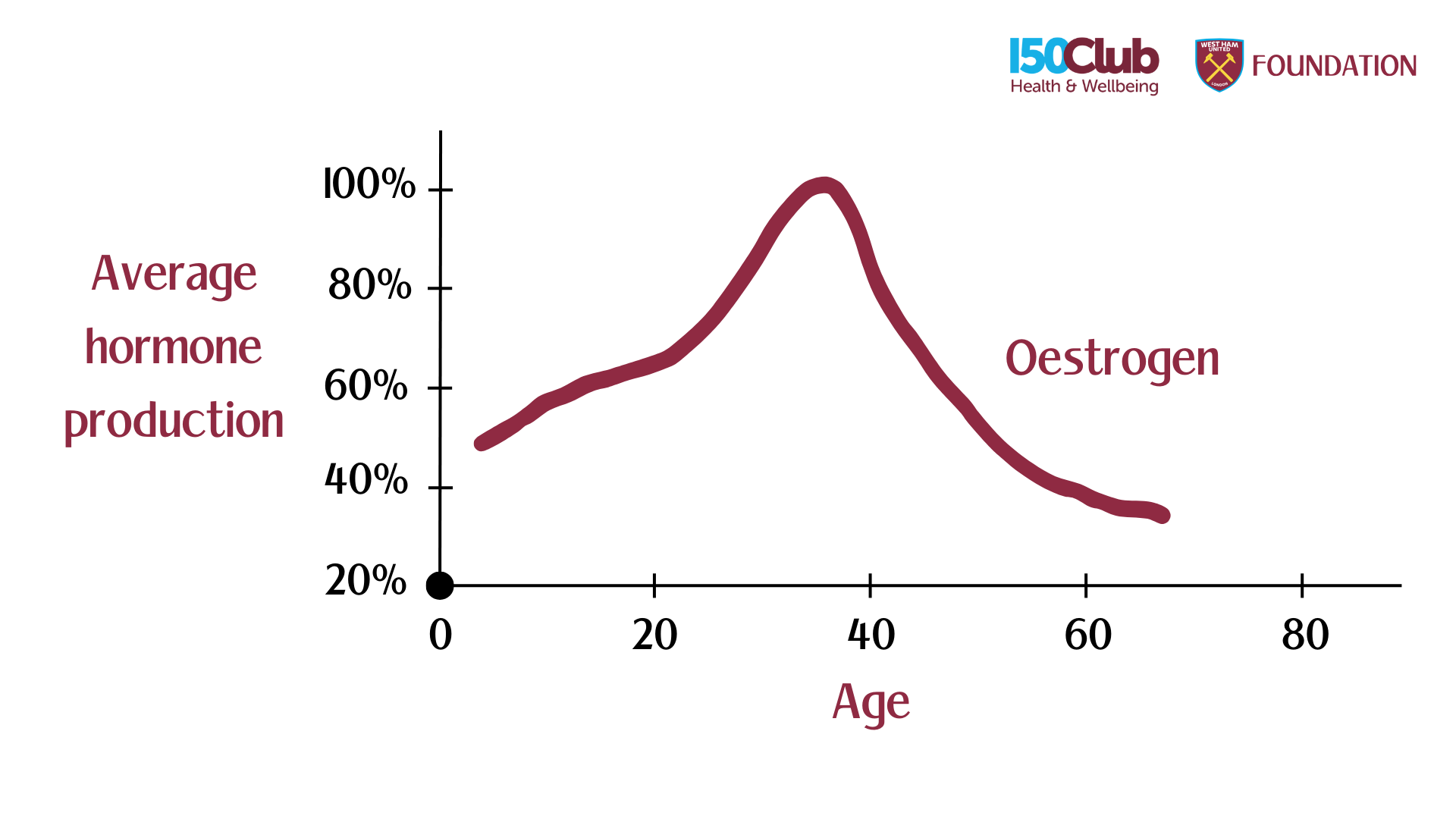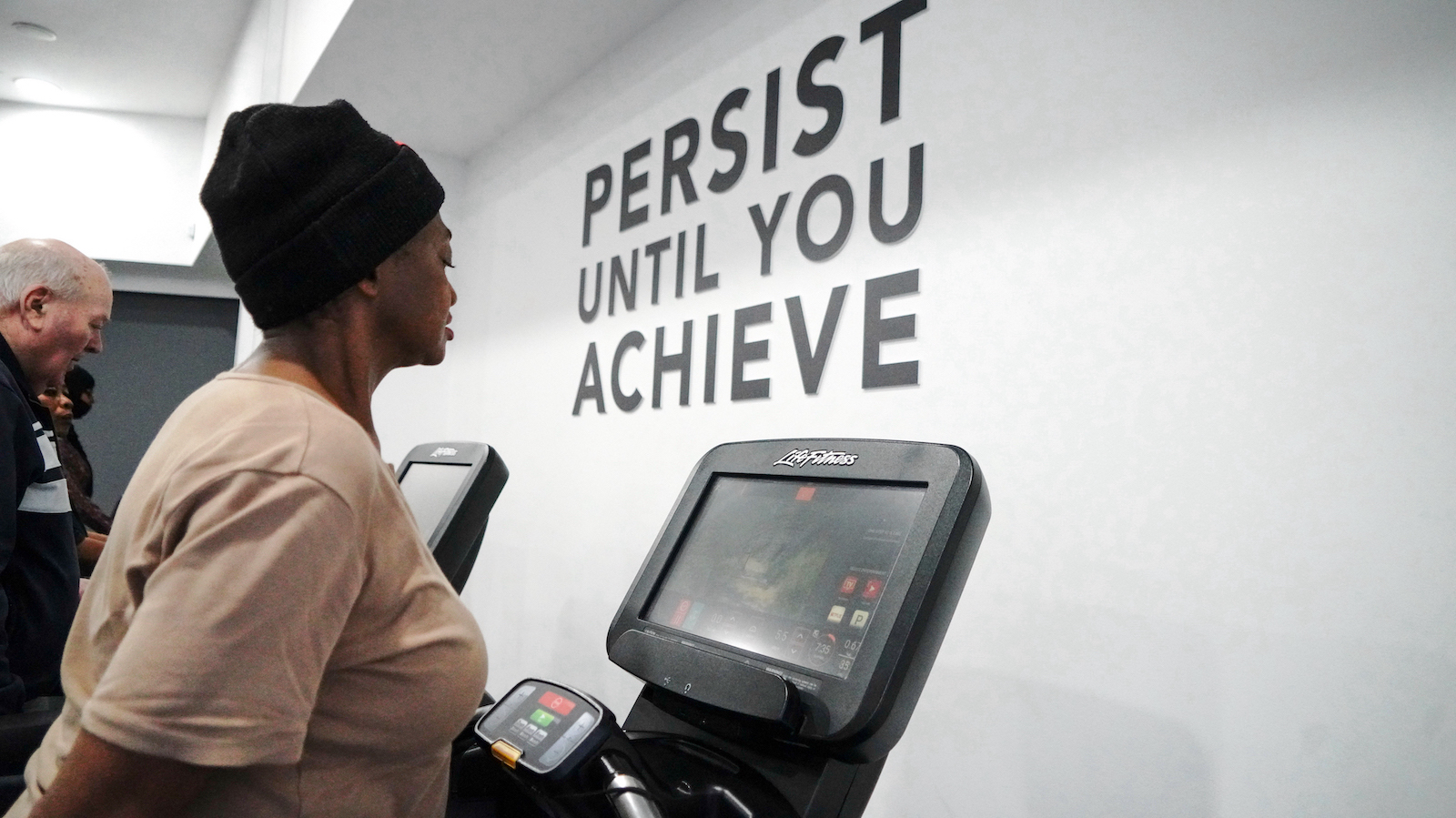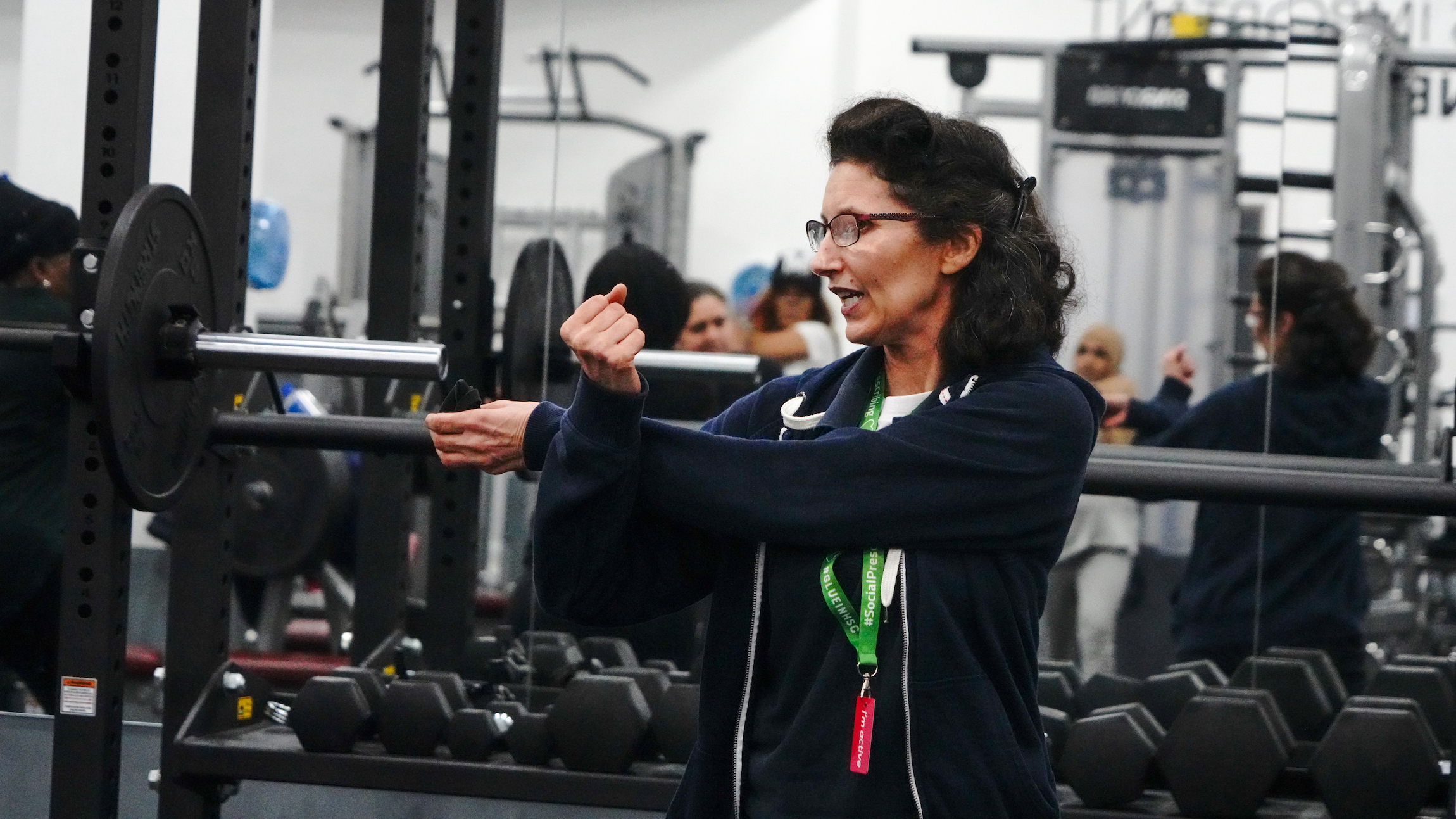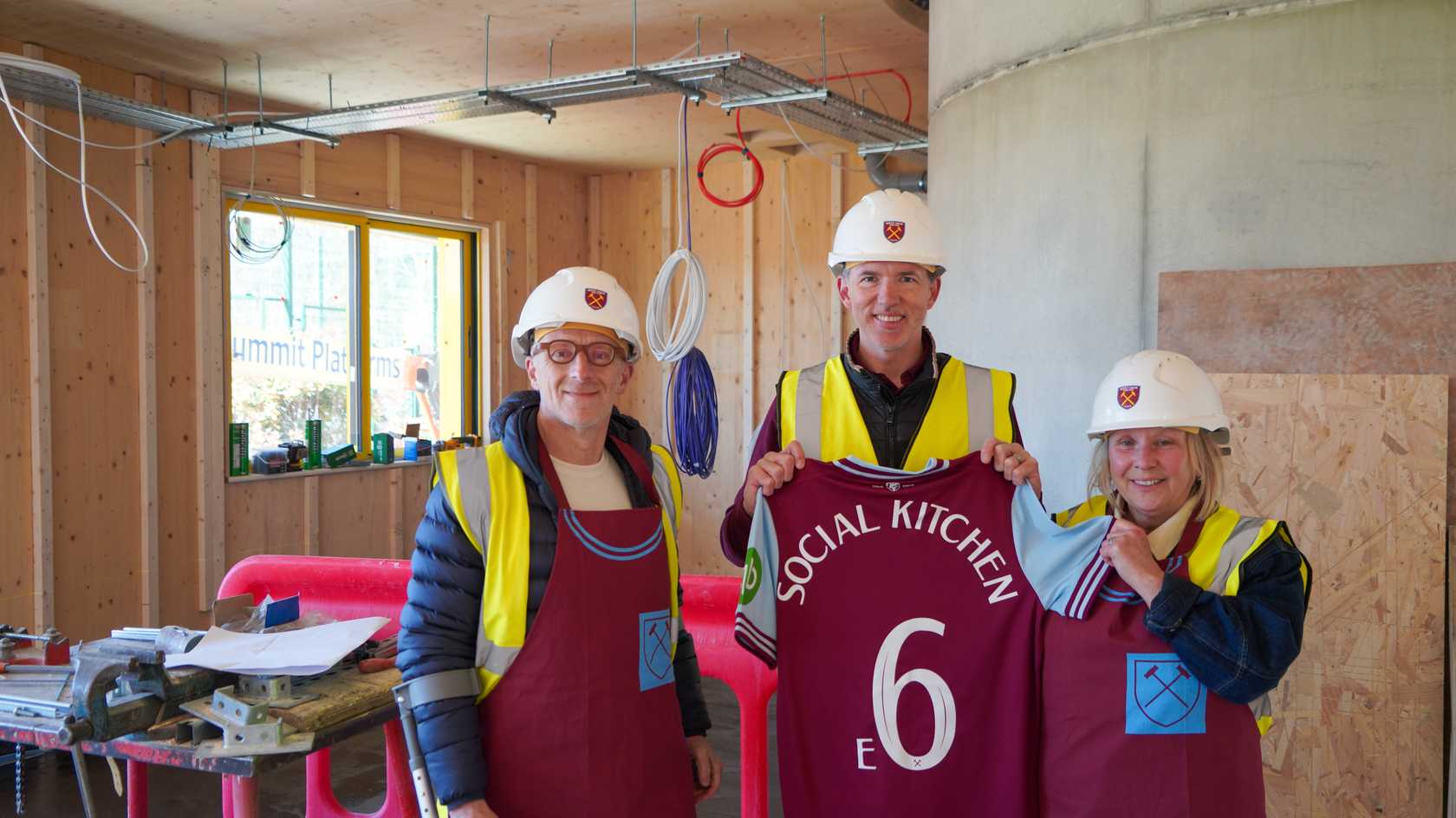Today, on 18 October, West Ham United and the Foundation proudly commemorate World Menopause Day.
As the first Premier League club to secure Menopause Friendly Accreditation and having recently convened a roundtable discussion on the topic, West Ham's commitment to supporting women during this crucial life stage has received commendation.
As part of their ongoing efforts in raising menopause awareness, WHU Foundation’s Health Coordinator, Layla McNeilly, is here to provide valuable health and exercise tips that can help navigate the challenges associated with this transition...
Health campaigns such as today's awareness date, in addition to plenty of other socioeconomic factors, have contributed to a growing awareness of the menopause, its signs and symptoms, and how it impacts women in the workplace and in general, which is great as it can be an incredibly challenging time!
Characterised by declining levels of oestrogen, some of the negative aspects associated with menopause can be offset by staying active. One of oestrogen’s functions is to protect our bones, by helping the bone-building cells, the osteoblasts, do their job and can reduce the rate at which bone breaks down.

However, when oestrogen levels start to decline, leading up to and during menopause, this protective effect on our bones is reduced. This means we are more at risk of reduced bone density, which in time can lead to osteoporosis and an increased risk of fractures.
One way to minimise this is by doing regular weight bearing exercise. In other words, any exercise where you are standing and bearing your body weight. For example, walking, dancing, skipping, running, stair climbing, aerobic type class and so on.
The goal is to aim for at least 150 minutes of this type of activity every week at a moderate intensity. This could be split into 30 minutes of exercise, five times a week. Remember to start slowly and build up gradually if you are currently not very active.

If you do have osteoporosis, then be sure to perform low impact activities like walking or low impact aerobics, as repetitive high impact exercise like jumping could increase the risk of fractures.
Another important function of oestrogen is to maintain muscle mass, so when levels fall, we can notice our muscles start to shrink. Resistance exercise, which consists of using external resistance or weight to stimulate the muscles to work harder, can help reduce this effect. It is especially important to perform these exercises between two and three times per week.
Yoga and Pilates are also beneficial as they can help improve balance, flexibility and posture which can help reduce risk of falls.
Menopause can also affect our brain's ability to concentrate and focus, also known as ‘brain fog’.
It is well known that there are plenty of health benefits to regular exercise, such as reduced anxiety, improved mood and self-confidence, and by boosting blood flow to the brain it may even help with brain fog too.
Enjoying the exercise is important too, so be sure to find an activity you like and will want to do regularly!
At the WHU Foundation, we deliver a range of inclusive physical activities which could help you achieve the recommended 150 minutes per week of weight bearing exercise. These include our 150Club online classes, as well as our free Walking Football and Walking Basketball sessions. To register your interest, please get in touch with us at [email protected].




